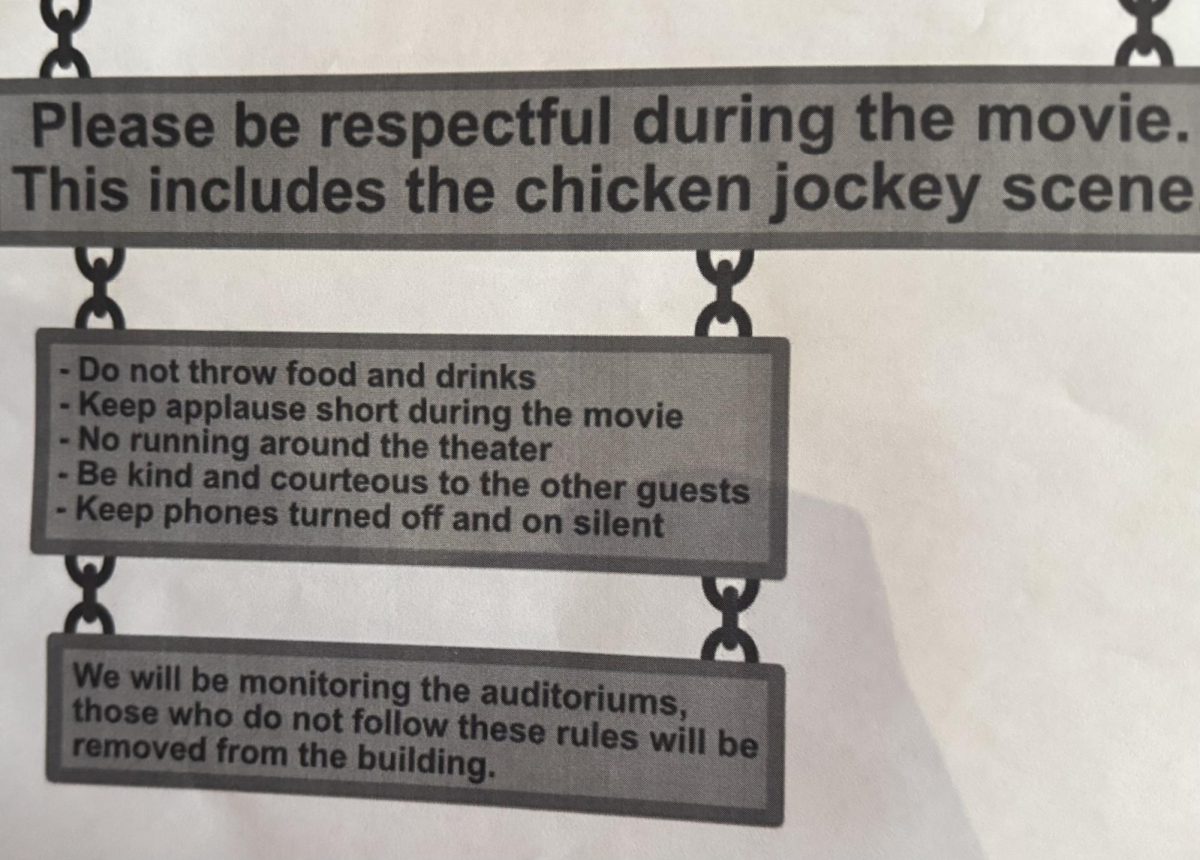Many Macalester students talk about, and ostensibly would like to attain, healthy “work-life balance.” After all, who wants to spend their entire time in college with their nose in a book or attending another meeting? Yet throughout our time at Macalester, such a balance can be elusive.
This may not come as a surprise to anyone, but I don’t believe this dilemma will get any easier once we leave this place. Indeed, two structural factors ensure that work-life trade offs will plague many Macalester students for a long, long time. One is the blurring of our passions and careers, which you could call the “meritocrat’s dilemma.” The other is the problem of “greedy jobs,” or activities in which dedicating extra time and effort can provide large rewards. Together, these dynamics create strong currents that give no easy solution to finding a healthy work-life balance.
It’s necessary to distinguish this kind of trade-off from more serious concerns about, for example, labor exploitation and poverty. The problems I’m describing depict a relatively privileged position; it is a luxury to worry over whether a job provides good work-life balance or enables someone to pursue their “passion” instead of worrying over whether a job provides a stable and sufficient income.
However, the question of balancing how we spend our waking hours still matters immensely. It’s also a question that comes with no easy answer.
The meritocrat’s dilemma is familiar to every student that has gone through the college admissions process. An integral part of applying to college is bundling up all of your passions, interests and hobbies to tidily present them to an admissions officer. Suddenly, the fun things you did in high school might not seem so fun, looking more like boxes to check.
As students move from college applicants to job applicants, this challenge can deepen. The liberal arts college promises a tricky thing: you can learn for the sake of learning and take fun classes unrelated to your long-term interests, but your significant financial and time investment will also definitely pay off in the form of a good post-graduation life.
When students’ intrinsic motivations are blended with a meritocratic system, which promises a fulfilling life in exchange for hard work, it’s no surprise to see students struggle to find a balance between personal lives and various kinds of work. Indeed, work and life become increasingly difficult to even distinguish.
Greedy work creates incentives that multiply this problem. The concept of greedy work comes from the Nobel Prize-winning economist Claudia Goldin, who studies gender inequality in the labor force. In greedy jobs, working more hours results in outsize returns. An archetypal example is a lawyer, who is much more likely to make partner and otherwise thrive in their career — both in terms of status and compensation — if they work late hours and rarely take days off. Compare this to a wage-earning service worker: if they work twice as many hours, they will earn twice as much money. But the compensation scales at the same rate that hours increase; there are no outsize returns to extra work dedication.
Greedy work need not be monetary, however. You can see it in extracurricular activities at Macalester: students who put in extra effort to clubs are likely to take on meaningful leadership roles. Additional time spent on the relationship-building and personal organizing that make up political activism can easily tip the scales on the success of a political push. For all kinds of activities, whether career-oriented or not, strong incentives push students towards working a lot.
In tandem, these two factors make it quite difficult to reach a satisfactory work-life balance. It is my impression that many students at Macalester work hard, frequently feel stressed and wish they had more downtime. Yet it’s hardly satisfactory to say that students should simply sign up for fewer things and work a little less. We face many, many pressures pointing in the opposite direction.
The meritocrat’s dilemma and greedy work don’t seem to have a clear policy response or necessary structural change. To me, it’s not even obvious that we should seek to end the dynamics that create the problem. Remember, this is about more than students working hard because they are “forced” to — it’s about the tricky nature of blending your interests and your passions, and knowing that you might be leaving lots of great things on the table if you turn down opportunities or choose not to push a little bit harder on a project.
Would we be better off if we forced students to bifurcate their passions and their long-term life interests? We might be less stressed, but I don’t know if that’s what we’d really prefer. In the meantime, the world will keep spinning, and we’ll keep struggling to find an adequate work-life balance.








